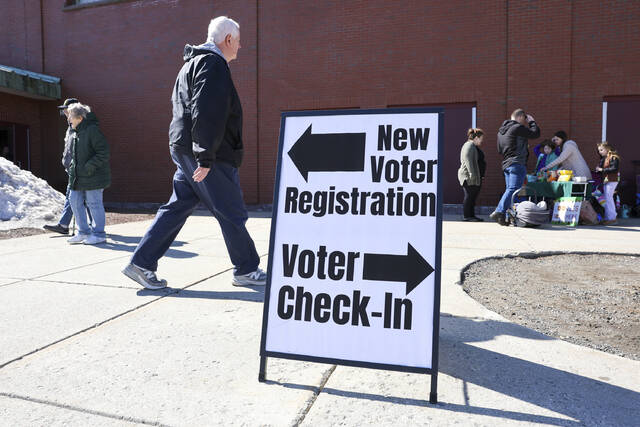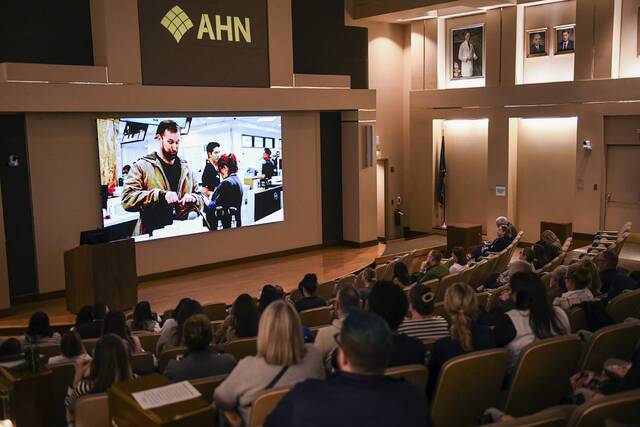There are just under 6,000 postsecondary schools in the United States.
Almost 4,000 are degree-granting institutions — the kind of school you would pick if you want to leave with an associate degree in two years or a bachelor’s degree in four. The others are where you might choose for a diploma or vocational program.
There are about 300 postsecondary schools in Pennsylvania — a mix of some of the best private colleges in the country, public universities and technical schools. College enrollment has been slipping for years nationwide but also in Pennsylvania, where tuition tends to be higher than many other states.
So how does a school compete?
For some, it’s been advertising. New York and Ohio have courted Pennsylvania students to their public schools, noting lower tuition rates for out-of-state students at some schools than the Keystone State institutions offered in-state scholars.
Others push the campus experience. Penn State sells hard the idea of home football game Saturdays. Some schools make the dorms more plush. Texas Tech built a water park.
But some are opting for different programs to draw students looking for the best career their lofty student loan payments can buy.
Saint Vincent College just added a new major that could appeal to students seeking a good job and a high-flying opportunity. It also partners with the Community College of Beaver County and its James M. Johnson School of Aviation Sciences to offer one path with three prizes.
Students will graduate with a bachelor of science in aviation management from Saint Vincent, an aviation science associate degree from CCBC and a pilot’s license. All three are valuable in a job market where pilots have been in short supply for years — and are expected to be even more in demand because of retirements in coming years.
Doctors are also needed, especially in the post-covid world where health care positions of all kind have taken sharp hits. That makes the Duquesne University decision to add a medical school with an emphasis on cutting-edge technology like a virtual anatomy lab another smart, competitive move.
Too many schools have treated their product like fast food and sold it to students like it was a drive-thru burger instead of a life-altering decision that requires committing to decades of loan payments.
The smart move is offering a program that can’t be had just anywhere and letting the quality and opportunity sell the school.








